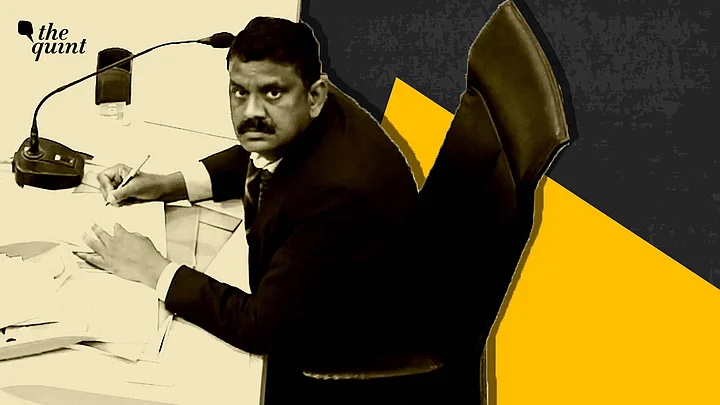The Indian electoral system guarantees free and fair representation through legal procedures. But what is the remedy when authorities responsible for complying with them (in this case, the presiding officer) blatantly violate the law?
In most such cases, the High Court has the authority to uphold the procedures prescribed in law.
The Chandigarh mayor election has displayed that while Writ Courts have the constitutional authority to check majoritarian instincts, the Judiciary in recent times has been hesitant in exercising judicial review in a manner that would curb this instinct.
The mayoral election was originally supposed to be conducted on 18 January 2024, and governed by the regulations framed by the Municipal Corporation of Chandigarh.
The AAP (Aam Aadmi Party) candidate, Kuldeep Kumar, anticipating tampering and unfair practice by the BJP (Bharatiya Janata Party) moved a Writ Petition in the Punjab and Haryana High Court praying for directions that a court commissioner supervise the mayoral election.
On 17 January, the Director General of Police guaranteed to the Court that the election would take place on the 18th under strict adherence to the law. However, this guarantee was violated and the election was not held on said date.
This was because the now infamous Presiding Officer and BJP member Anil Masih claimed to be unwell for duty. In fact, on the 24th, the High Court was specifically informed about the unlawful delay being caused at the behest of the Presiding Officer.
Further, it was submitted by the AAP that the Presiding Officer was delaying the election to try and frustrate the alliance of the Aam Aadmi Party and the Congress party.
Eventually, the High Court ordered the election on the 30th but refused to appoint a Court Commissioner to supervise the electoral process.
The election took place on the 30th, in which the Presiding Officer arbitrarily declared the votes in favour of the AAP and the Congress party as invalid. This was done in clear violation of the mandate of Clause 10 of the regulations, which states that votes will not be considered only when:
A member votes for more than one candidate
A member places any mark on the ballot paper through which he may be identified
There are marks indicating that the vote may been made in a manner that makes it unclear as to whom the vote has been given to
However, in this situation, not only were the valid votes arbitrarily declared invalid, but the Presiding Officer can be seen marking the votes during the counting process to invalidate them.
Furthermore, the regulations mandate that the votes ought to be counted by the Presiding Officer with the assistance of the designated members. Yet, it was only the Presiding Officer who was involved in counting the votes.
On 31 January, when these facts were brought to the attention of the Punjab and Haryana High Court, it refused to grant interim relief and stay the election results.
The Supreme Court finally intervened on 5 February and found that, prima facie, there seemed to have been foul play on behalf of the Presiding Officer. The Court also noted that interim relief ought to have been provided by the High Court.
However, it is yet to be seen what the final order passed by the apex court states. Only recently, the Supreme Court, in former Jharkhand Chief Minister Hemant Soren’s case, failed to uphold the basic premise of judicial review under its writ jurisdiction.
It is concerning that despite various apprehensions and the evidence on the record, the High Court refused to use its powers to protect the electoral system. Firstly, before the election, the High Court failed to safeguard the election process by not appointing a court commissioner to supervise the election. Secondly, after the election, when videos surfaced showing the Presiding Officer tampering with the process, the High Court again refused to intervene.
Our Constitution envisioned a regime consisting of the separation of powers, with constitutional courts being responsible for ensuring a check on the arbitrary use of authority. Yet, the truth remains that today there is a wide gap between the ideals of our Constitution and their implementation.
(Abhik Chimni is an Advocate at the Delhi High Court. Riya Pahuja is a legal associate. This is an opinion piece and the views expressed above are the author’s own. The Quint neither endorses nor is responsible for the same.)
